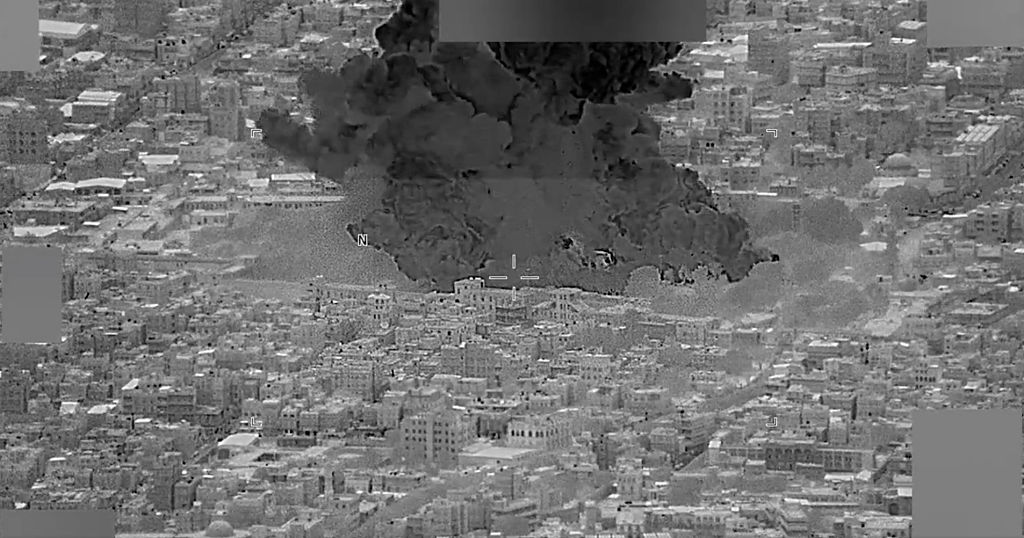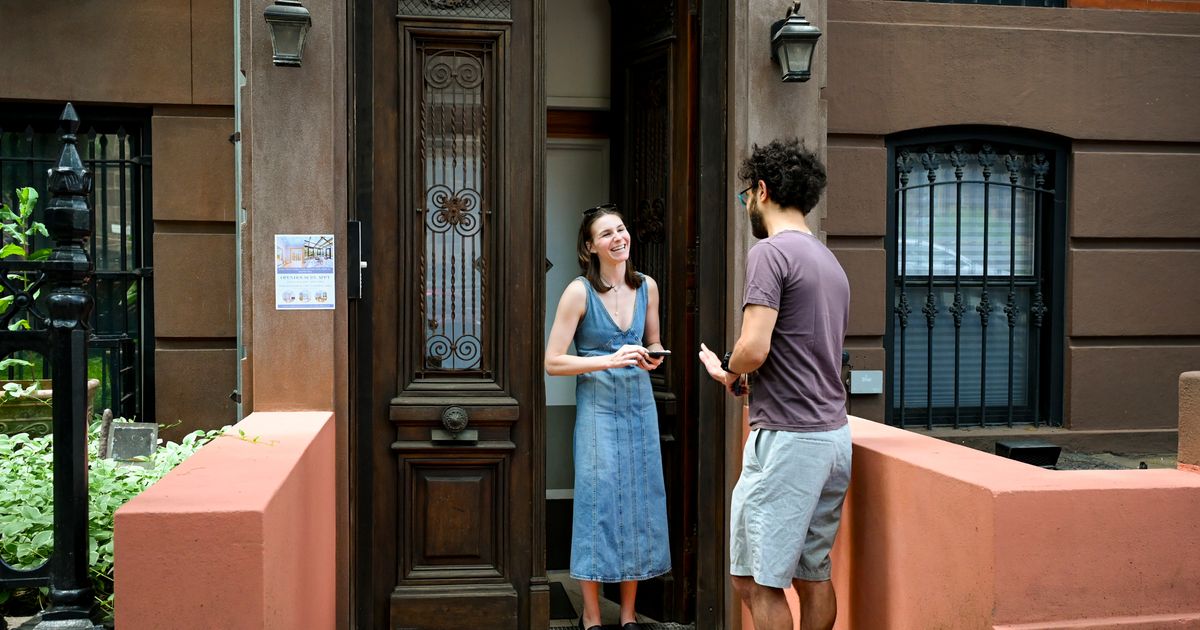The Ugandan school where attackers killed dozens of students Friday was built with the help of a Canadian non-profit, the group’s co-founder and former vice-president confirmed to CBC News.
The British Columbia-based Partnerships for Opportunity Development Association (PODA) helped build the school between 2010 and 2011, Peter Hunt told CBC News on Sunday by text message, confirming earlier statements made by Uganda’s education minister and reporting from The New York Times.
Hunt served as vice-president of PODA until 2020, according to his LinkedIn profile, and he says he and Natalie Hunt, his partner and the group’s co-founder, stepped down from the board of directors and “haven’t been involved for several years.”
The pair are in “disbelief” over the attack, Hunt said.
“We’re shattered that such a terrible thing would happen to innocent youth,” he said.
“Our hearts goes out to all of our friends, the students and teachers, and the community members of Mpondwe and Bwera, who have so senselessly lost so much.”
Thirty-eight students were among the at least 42 victims of the Friday night attack at Mpondwe Lhubiriha Secondary School, located in the western town of Mpondwe near the Congolese border.
PODA, founded in the early 2000s, describes itself as a volunteer-run organization that raises money for and sends volunteers to projects in Africa aimed at development, according to its now-inaccessible website.
“This was a … community-led project,” Hunt said, referring to the people of Mpondwe and the neighbouring town of Bwera, adding the initiative “included dairy goat programs, women’s initiatives and honeybee-keeping.”
He noted the school is “owned and operated by the community” and that no assets are owned by any Canadians.
President denounces ‘terrorist’ attack
Some students were burned beyond recognition in the attack; others were shot or hacked to death after militants armed with guns and machetes attacked the school. Ugandan authorities believe at least six students were abducted.
The attack is blamed on the Allied Democratic Forces (ADF), which rarely claims responsibility for attacks. The ADF has established ties with the Islamic State group and has been accused of launching many attacks in recent years targeting civilians in remote parts of eastern Congo.
In a statement on Sunday, Ugandan President Yoweri Museveni described the attack as “criminal, desperate, terrorist and futile,” vowing to deploy more troops on the Ugandan side of the border.
















